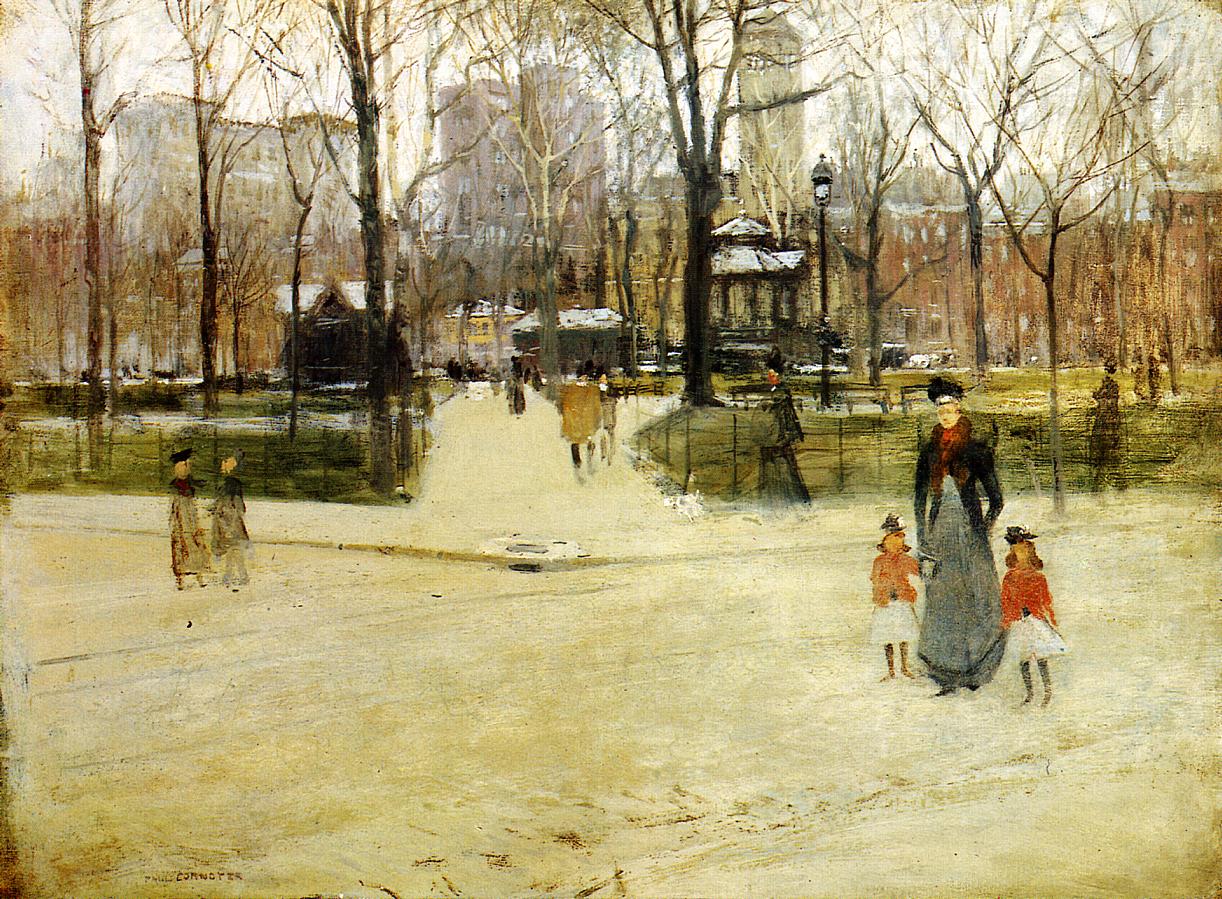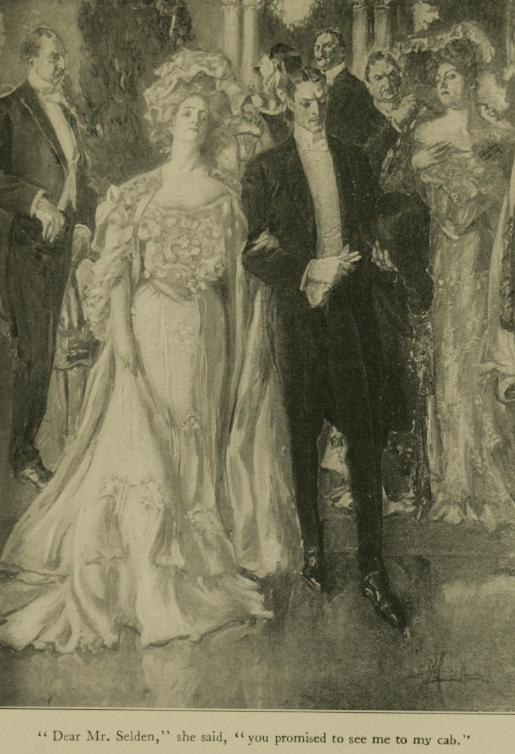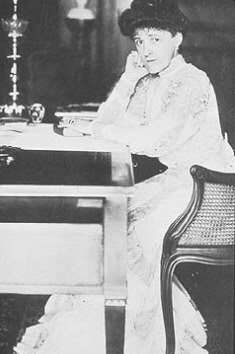[Editor’s note: We are so happy to have Great Books Foundation senior editor Nancy Carr at Toronto Pursuits. Her seminar Innocence, Experience and Wisdom: Edith Wharton will immerse participants deep in a world both strange and familiar, where characters look to find meaning in a complex and quickly changing world. Step back into these remarkable novels of the Gilded Age.]
“To keep a kind of republic of the spirit – that’s what I call success.” – Lawrence Selden in The House of Mirth
Edith Wharton’s analysis of American society in The House of Mirth and The Age of Innocence couldn’t be more timely. The manners of New York in the Gilded Age have passed away, but the prejudices, hypocrisies, and moral compromises Wharton’s characters exhibit are all too familiar. As an American deeply engaged with the question of how to live an ethical and meaningful life, not merely as a citizen of her country but as a member of the larger world, Wharton has much to say to us in these tumultuous times.

Biographer Hermione Lee points out that Wharton’s best books “pinpoint the moment at which the complacent habits of a small group are destabilized by the action of larger forces.” Wharton excels at immersing us in the society she describes: to read her is to feel the motion of a carriage rolling down Fifth Avenue, to see the ornately decorated interiors of fashionable houses, and to hear the accents and emphases of a vanished time. Her characters are vivid, and even the unlikeable ones capture our attention with their vitality.

In The House of Mirth, beautiful Lily Bart pursues the American dream of wealth and position with an ambivalence that proves tragic. She can’t imagine life without luxury and becomes gradually more willing to cut moral corners in order to enjoy it. But she is also drawn to the freedom of thought and action that her friend Lawrence Selden represents. Even as she struggles to choose between a life of fashion and renown and the more difficult path of cultivating her inner life, it becomes apparent that her fate has been determined.
Through the character of Newland Archer in The Age of Innocence, Wharton examines a similar battle between social standing and inner integrity, this time from a man’s perspective. Archer is the convention-bound son of a prominent New York family, happy in the prospect of marriage to his irreproachably proper fiancée. But when his fiancée’s cousin, the cosmopolitan Countess Olenska, returns to America, Archer grows restive in a social circle whose restrictions he sees clearly for the first time. Like Lily Bart, Archer must choose between his standing in society and the urgings of his deeper self.

These two novels are both of their time and speak to all times, because Wharton built her own republic of the spirit through the “prolonged, hard-working, deliberate ambition” Lee describes in her biography. Wharton’s characters may forfeit their best selves, but she didn’t. Born into privilege, she rebelled against a life of surfaces. Faced with the breakdown of her marriage, she crafted a professional writing career. She befriended Henry James, lived in France, and became a woman of the world who took action for causes she believed in. Despite her failings, Wharton created a life and a body of work worthy of admiration. I hope you’ll join me for Innocence, Experience and Wisdom: Edith Wharton to explore these two wonderfully intricate novels.
– Nancy


